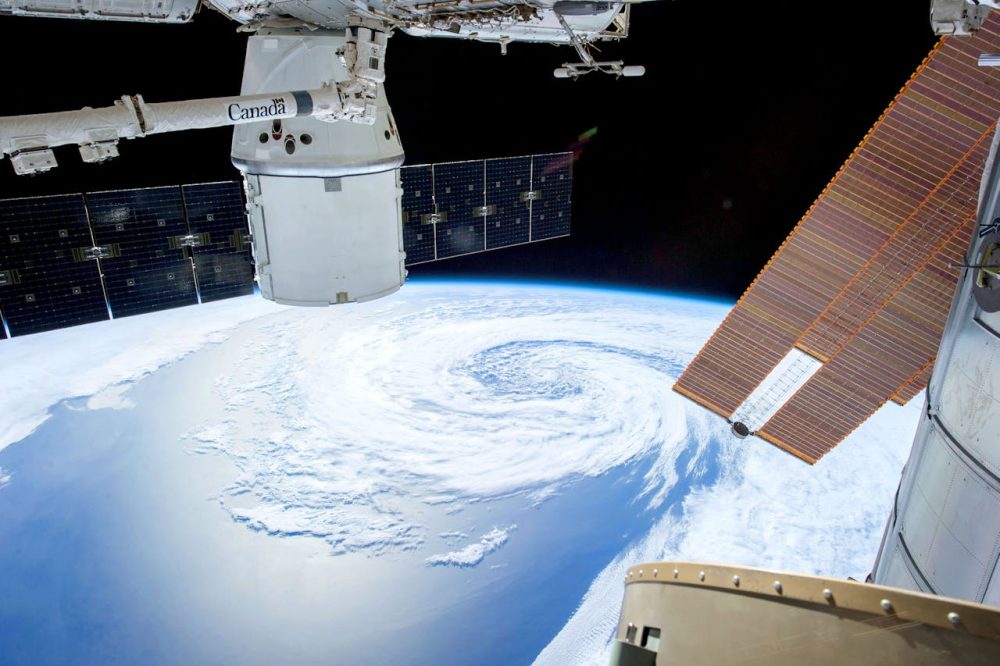Satellites and rockets are long since outgrown by space-enabled technology. It is a vital component of industries today on Earth. From communication to agriculture, energy, and transport, these systems quietly power daily operations. In their absence, modern life would be rather different.
Communication at the Core
Satellites are very important in modern communication. They facilitate phone calls, video meetings, and internet access worldwide. Remote areas with no signal are now accessible with the help of satellites. Even the ships and airlines use satellite connections to keep in touch as they go. For industries, reliable communication supports trade, customer service, and teamwork. It is used in businesses to control the supply chains and access new markets. It is also relied upon by governments to check boundaries and security. This is the technology layer that is silent yet keeps the world in communication.
Navigation and Transport
Space-based navigation has changed the movement of people and goods. GPS is an everyday device in automobiles, trucks, and phones. It can make logistics companies plan routes, save fuel, and deliver on time. It is used in emergency services so that they reach the sites of accidents as soon as possible. Navigation systems are more important in aviation and shipping. To be safe and efficient, aircraft are guided by a high degree of accuracy by satellites.
The space-based positioning enables cargo ships to sail across oceans and dock accurately. They are used to maintain the global trade process and help industries develop. These systems enhance safety during navigation provision, minimize the time spent on travelling, and maximize fuel consumption to ensure efficiency in the logistical provision of the world. Moreover, they enable real-time monitoring, better route optimization and other advantages to the environment by minimizing emissions, making international shipping smarter and more reliable.
Agriculture and Resource Management
Space-enabled tools have assisted farming to be carried out more efficiently. Satellites keep watch on soil, crops, and weather. Planting, irrigation, and harvesting can be planned more correctly by the farmers. This minimizes waste and enhances production. Beyond agriculture, resource management also benefits. Governments and companies are monitoring forests, water supplies, and mineral resources. Such understandings lead to policies and are used to conserve the environment. They also make sure that industries will be able to utilize resources without depleting them. This support is essential with the increase in food and energy requirements.
Energy and Climate Monitoring
The space-enabled technology has a significant contribution in the field of energy. Power companies use satellites to track grids and faults. Solar and wind energy are also renewable and therefore require precise weather and climatic information. Space-based predictions enable power to be better planned and stored. Monitoring has been rendered even more important with climate change. Satellites monitor ice melt, rising sea levels, and extreme weather. This information assists the industries and governments in risk preparations. It also encourages research on clean energy solutions. Planning the future would be more insecure without these tools.
Security and Industry Innovation
Space-enabled technology is directly associated with national security and industrial development. Satellites are used to aid border security, disaster management, and defense systems. They display early warnings of natural disasters and survey conflict-affected areas.
Meanwhile, the industries are coming up with novel applications of space tools. Satellite data is used to offer telemedicine in remote places. Financial services refer to the process where timing signals of satellites are used to maintain the accuracy of digital transactions.
Spatially enabled systems are required to provide accurate timing and positioning even in activities such as online shopping. The expanding discipline of space IQ is an indication of how industries perceive these tools. They do not exist far off, in an abstract sense. They create instead a practical backbone on which they can support growth, safety, and innovation.
Conclusion
Space-enabled technology has gained a lot of penetration in contemporary industries. It drives communication, navigation, farming, energy, and security. No longer can only space agencies and scientists use such tools. They are the daily aids to businesses, governments, and societies. With the development of industries and the emergence of new problems in the world, the role of systems enabled by space will only grow. They may have their influence without speaking, still it is still present. They give security, effectiveness, and future insight. It is due to them that modern industries are stronger and will continuously gain significance in the future.
